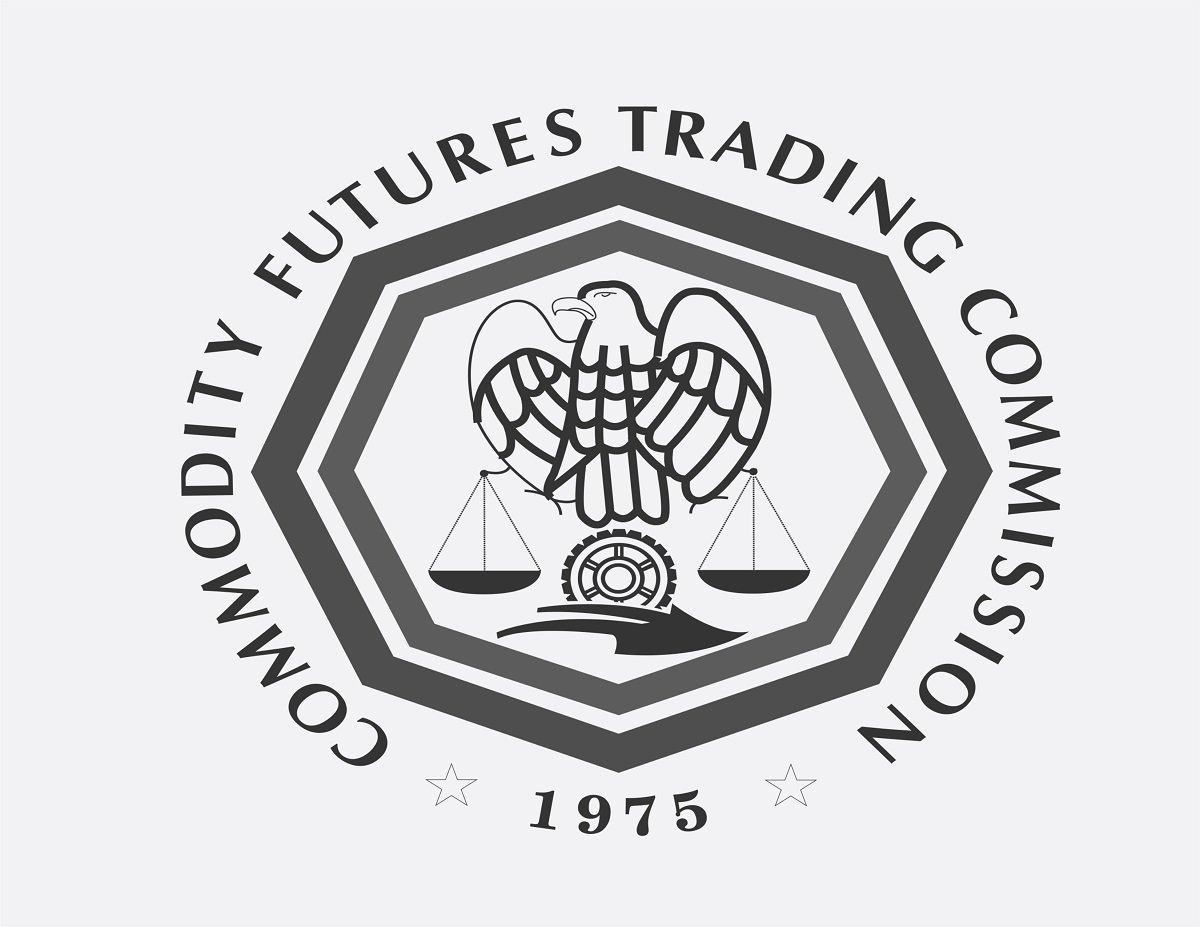A January 25 customer advisory from the Commodity Futures and Trading Commission (CFTC) Office of Customer Education and Outreach warned the public against cryptocurrency scams promising to turn unrealistic profits using artificial intelligence trading bots, reminding users that AI bots cannot predict the future. Additionally, the CFTC warning brought the public’s attention to attempts by fraudsters to negatively exploit public interest in digital assets and artificial intelligence to deceive scammers. The advisory also charged Americans not to believe the scammers.
In a separate statement, Rostin Behnam, the CFTC Chairman, expressed fears about the lack of regulatory oversight on spot Bitcoin ETFs, calling for new legislation at the federal level to protect users. Also, he described the need for federal legislation regarding digital assets as “critical,” the CFTC chief vowed to persist in his advocacy.
How AI Crypto Scams Work
According to the advisory, this new wave of cryptocurrency scams involves scammers claiming to have AI algorithms that turn profits on every crypto or forex trade. The fraudsters spread false information about the so-called AI trading bots through social media, promising seemingly impossible returns on investment. However, the promises are all false, and the trading bots do not achieve the perfect win rates or outrageous returns because AI solutions cannot predict the future. Instead of using trading bots that achieve perfect win rates, the scammers create and share fake balances using demo accounts to convince users they are making money.
The CFTC cited a Bitcoin pool trading scam, Mirror Trading International, as a case study for the new crime. Operator Cornelius Steynberg, a South African, would ask people to invest in his Bitcoin pool, which he would then trade using (fake) AI algorithms to make a 10% guaranteed monthly yield for investors. Cornelius (it turned out) was not trading most of the funds pumped into the scam. Instead, he would take money from new investors and pay older investors in a Ponzi-like arrangement, only making trades with a fraction of the capital pool.
After Cornelius Steynberg eventually closed down the initiative and embezzled money, the CFTC began investigating him. The $1.7 billion alleged fraud against Mirror Trading International is still the agency’s biggest probe into Bitcoin (yet).
CFTC-Americans Have Lost Billions to AI Crypto Scams
Americans have lost a lot of money to these AI crypto scams, according to the CFTC advisory, citing cases where users lost tens of millions of dollars. The CFTC specially charged a South African pool operator with a massive $1.7 billion Bitcoin fraud perpetrated using the crypto AI scam technique. Other cases involving AI trading bots and false crypto return promises include a CFTC charge against commodity trading advisor Systematic Alpha Management, and another against the forex commodity pool Technical Trading Team, including a $177,000 fine against Jeremy Rounsville of Texas.
CFTC-Due Diligence is Critical Before Bitcoin Investments
In the same advisory, the CFTC charged Americans to do due diligence before investing Bitcoin or any other cryptocurrency in an investment scheme. The commission also recommended some due diligence tips to users to prevent them from falling into AI crypto scams. For one, the CFTC recommended conducting background research on a trader or company before investing money, as there are likely several complaints about fraudulent traders online. If too many people have reservations about a particular investor or investment firm, you should (probably) steer clear. Users should also research the domain history of websites hosting crypto investment schemes. If the domain is too young, it is also likely a scam.
The CFTC also recommended getting a second opinion before investing, suggesting talking to a trusted friend or financial advisor about any opportunities. Additionally, the CFTC iterated that knowing the risks of any financial investment and the technical capabilities of artificial intelligence can also help budding investors make excellent decisions.
Behnam-Spot Bitcoin ETF Regulation Necessary
While speaking at an event by the American Bar Association, Rostin Behnam, the CFTC chair, expressed worry about the risks of the recent spot Bitcoin approval. Also, he pointed out that technical approval is easily mistaken for (actual) regulatory oversight and called on legislators to advance talks on spot crypto ETF regulation to protect American investors.
“The need for federal legislation over cash market digital assets has never been more critical,” Rostin Behnam said at the event, vowing to continue advocating for digital asset regulation in the US. The warning from Benham comes two weeks after the SEC approved 11 spot Bitcoin ETFs, officially bringing them to US stock exchanges.








